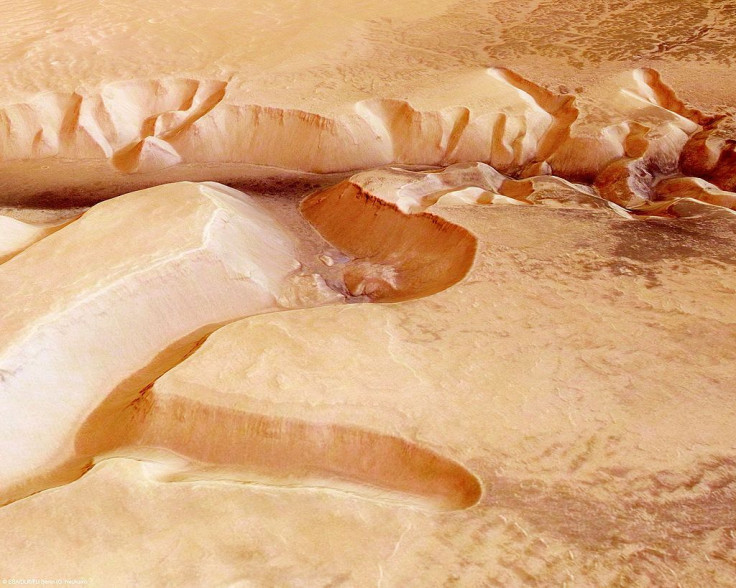There’s No Life On Mars But There Could Be On Other Planets

Alien theorists and some scientific communities are holding on to the possibility that there might be life on Mars. The presence of water, or at the very least evidence that there used to be water on the Red Planet, suggests that this is quite possible. After all, where there is water, there is life.
However, according to a report, NASA and some scientists are already in the agreement that there’s no more life on Mars. This is a big blow to those who believe that organic life might still be existing somewhere on our cousin planet.
But it doesn’t mean the end of the search for alien life. Scientists continue to assess if the Red Planet has an environment that is indeed capable of supporting microbial life on Mars. This is because researchers from Hungary have recently discovered that there are embedded organic materials in a Martian meteorite that was discovered on Earth in the late 1970s.
These scientists were actually able to identify different forms of bacteria in mineralized form within the meteorite suggesting that life once existed on the Red Planet. The meteorite, officially named ALH-77005, was discovered in Allan Hills on Antarctica wherein scientists once conducted the Japanese National Institute of Polar Research sometime in 1977 and 1978.
According to a new study called "Mineralized biosignatures in ALH-77005 Shergottite—Clues to Martian Life?" which was published in De Gruyter's journal Open Astronomy, the research team of Ildiko Gyollai, Márta Polgári and Szaniszló Bérczi strongly suggest the presence of active bacteria on the Red Planet. Not only that, but confirmation of their theory could also mean that organic life existed not only on Mars but on other planets as well.
"Our work is important to a broad audience because it integrates planetary, earth, biological, chemical, and environmental sciences and will be of interest to many researchers in those fields. The research will also be of interest to planetologists, experts of meteorite and astrobiology as well as researchers of the origin of life, and to the general public since it offers an example of a novel aspect of microbial mediation in stone meteorites," Gyollai, lead author of the research from HAS Research Centre for Astronomy and Earth Sciences in Budapest, said.
Gyollai’s research shows the important role of meteorites when it comes to space and life science research. According to a new publication which brought together research from 70 scientists, samples need to be collected from Mars (meteorites and surface) to find answers to the most pressing questions about life outside of Earth.
© Copyright IBTimes 2024. All rights reserved.





















